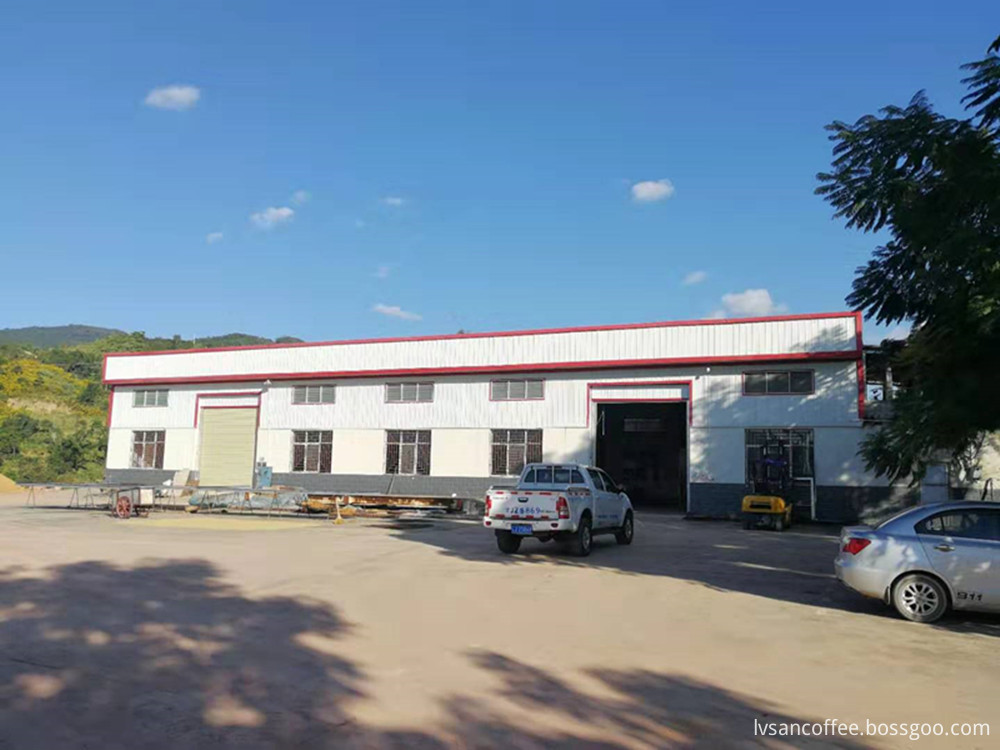In recent years, the cultivation of black fungus in the mountainous areas of eastern Jilin Province has become a highly promising agricultural project, offering significant economic returns to local farmers. However, during the production process, several common issues have emerged, such as failure of the original culture to revive after inoculation, slow mycelium growth, and bacterial contamination, all of which lead to substantial losses. Through practical experience, we have investigated these problems and developed effective solutions.
First, the issue of non-revival and slow consumption after inoculation can be attributed to several factors. One major cause is that the original culture or the cultivation bag was not properly cooled after sterilization, resulting in temperatures above 30°C when inoculated. This high temperature can damage or reduce the viability of the fungal seeds. Another reason is the use of the inoculation tool immediately after burning it with an alcohol lamp, which may burn the spores. Additionally, improper formulation of the culture medium, such as adding too much lime, can raise the pH level beyond the optimal range, making it difficult for the fungus to grow. If the material is too dry or the temperature is too low, the mycelium will grow slowly. Lastly, if the culture medium contains a high proportion of coniferous or poplar wood chips, the natural oils in the wood can inhibit mycelial growth.
To address these issues, several measures can be taken. First, it's essential to select high-quality wood chips and allow them to air-dry for one to two days at home to reduce oil content and kill bacteria. In the original seed preparation, quicklime should generally not be added, while in the cultivar stage, the lime content should be kept below 0.5% to ensure the pH remains under 8. The moisture content of the culture medium should be between 60% and 65%. If the material is too dry, the mycelium will struggle to spread. When inoculating, it's best to wait until the material cools below 30°C before proceeding. After using the alcohol lamp, the tools must be cooled before inoculation to avoid damaging the spores.
Second, bacterial contamination is another critical problem. Common causes include incomplete sterilization, such as pressure cooker leaks, insufficient sterilization time (less than 8–10 hours at 100°C), or poor design leading to airflow dead zones. Inadequate aseptic techniques during inoculation, such as not wiping hands and surfaces with alcohol, or not properly flaming the tools, can introduce contaminants. Improperly sealed tampons—either too loose or too wet—can also allow bacteria to enter. Environmental factors, such as humid or unclean growing rooms, contribute to contamination. Additionally, contaminated mother or original cultures can spread infection.
To prevent contamination, strict sterilization procedures are crucial. The sterilizer should reach 100°C quickly and maintain that temperature for 8–10 hours. Cultivation bags should be sterilized as soon as possible after preparation to minimize bacterial growth. Inoculation staff must follow strict aseptic protocols, including cleaning surfaces with alcohol and properly flaming tools. The tampon should be tightly packed with a four-layer gauze bag soaked in lime solution to prevent bacterial growth. A clean environment is essential, and any contaminated bottles or bags should be removed and disposed of properly. Finally, only healthy mother and original cultures should be used to avoid cross-contamination.
Overall, managing black fungus cultivation requires attention to detail at every stage—from preparation to sterilization, inoculation, and environmental control. By addressing these challenges systematically, growers can significantly improve yield and quality, ensuring long-term success in this profitable agricultural activity.
Green Coffee Beans
China Green Coffee Beans
flavor: mellow and balanced, with fruit acid flavor, nuts, honey, chocolate, citrus;
Variety:Aribica
processing method: washing;
water content: less than 12%;
packaging: 60kg / bag

In 1892, French missionary father Tian Daneng preached in Dali, Yunnan Province, China. In order to drink coffee, he taught local villagers to grow and drink coffee. Up to now, coffee has been planted in Yunnan Province of China for more than 100 years, with an area of 120000 mu. Most of the varieties planted in Yunnan are ccatimor, with an altitude of 1000-1500m, The coffee produced in Yunnan has a balanced taste, rich nut and citrus flavor, some of which are very sweet, with obvious taste of chocolate, toffee and maple sugar. It is one of the high-quality coffee producing areas. Our coffee is produced at the junction of Puer and Burma - the Myitkyina original jungle beans at 1500-1750, with a rich flavor, high aroma and high sweetness. The 2019 international coffee cup Masters Tournament (China finals) is sponsored by beans.
Green Coffee Beans,Unroasted Coffee Beans,Organic Green Coffee Beans,Freshly Roasted Coffee Beans
Yunnan New Biology Culture Co,.Ltd , https://www.lvsancoffee.com
